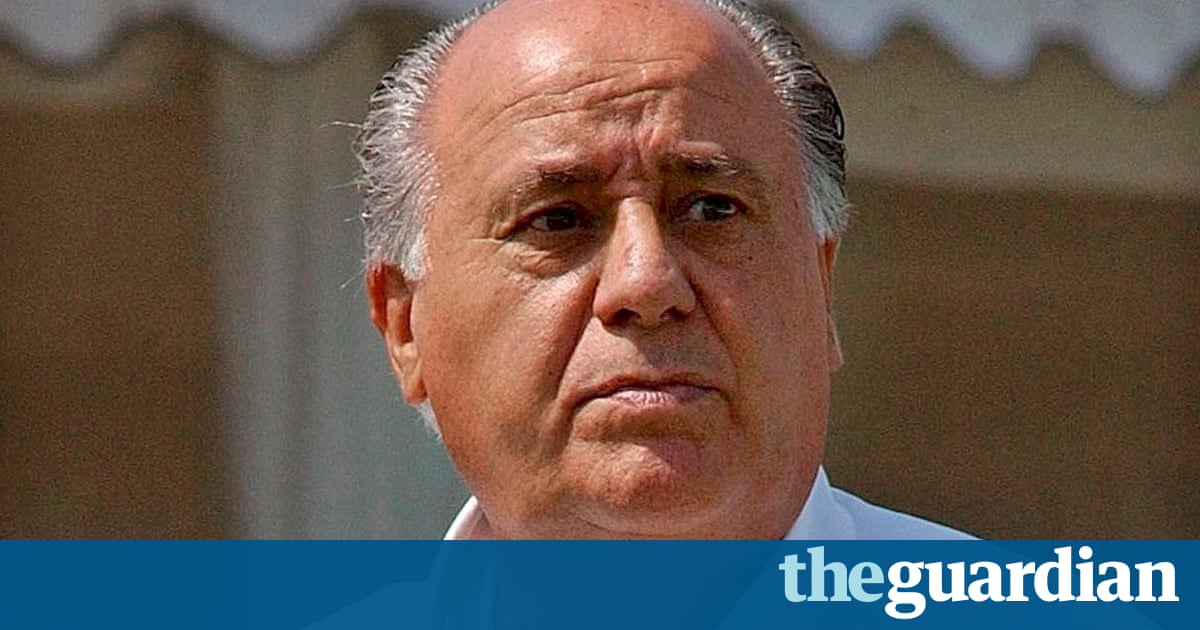How to become a billionaire

Of the 13 richest people in the world eight made their money from tech

Be American. Design software. Sell luxury baubles. Brew beer. Open a shop. Make chocolate but dont be British they are rubbish at becoming billionaires.
Eight of the top 10 richest people in the world or, more precisely, men, because every one of them is male are American. And no, the other two arent Chinese, who despite the countrys extraordinary economic growth only appear three times in the list of the worlds 50 richest individuals.
Forbes, a business magazine, not only compiles an annual rich list, but updates it online in real time and fund manager Nick Train of Lindsell Train has undertaken a fascinating analysis of what it tells you about how wealth is created in the 21st century.
Technology is creating wealth, for a few people at least, in a manner unparalleled in economic history. Of the 13 richest in the world, eight made their money from tech, including Bill Gates (Microsoft), Jeff Bezos (Amazon), Mark Zuckerberg (Facebook), and Larry Page and Sergey Brin (Google).
What are the five biggest companies by stock market value? Apple, Google, Microsoft, Amazon and Facebook. As Train notes, this is historically significant not even in the tech-led stock market bubble of 1999-2000 were the top five companies all in the tech sector.
In earlier periods, big oil (such as Exxon or BP) or big finance (such as Citibank) occupied the top spots. A decade ago Citibank was the worlds fourth biggest company, with BP fifth. Citibank and BP would now have to treble in value to match Facebook in the top five.
In the past, instant fortunes were made by striking oil or finding gold and diamonds. Or vast wealth was inherited, mostly in the form of land. Today, only five billionaires in the top 100 are in natural resources. When Forbes produced its first billionaires list in 1987, one in five of the worlds richest were in real estate. Today that number has halved.
Will tech fortunes disappear as fast as they are created? Ros Perot and the Hewlett Packard founders were in the top 100 list in 1987 but have since dropped out. But Train reckons todays tech billionaires may hold on longer, with intellectual property now the worlds most valuable asset. Gates, with a current stash of $78bn, has been the worlds richest man for 17 of the past 22 years. It is instructive that real assets metals and land no longer dominate the list in the 21st century. Now intellectual property prevails, Train says.
After tech, its consumer brands where the biggest fortunes lie. Of the 100 richest people in the world, 20 have made it from luxury goods and booze. The worlds richest woman, Liliane Bettencourt ($40.5bn, 11th) is the principal shareholder in LOreal. Bernard Arnault ($36bn, 14th) made his fortune from Louis Vuitton.
Germans, we all know, are brilliant industrialists. But the richest have made their money from shops: the Albrechts (Karl, $28.4bn, 22nd; and Theo, $21bn, 34th) are behind Aldi, while Dieter Schwarz ($19.7bn, 39th) runs Lidl.
Chocolate is another tasty moneyspinner. Three of the richest 30 people on the planet (two from the Mars family, one from Nutella) have become fat filling us with sweets.
And the British? The country that was the cradle of the industrial revolution, and which has more Nobel prize winners than any nation other than the US? The only home-grown billionaire in the top 100 2016 ranking, before he died, was the Duke of Westminster, whose wealth came from inherited property. You have to go to 343 on the list before you find a Brit who actually makes anything James Dyson.
I have not mentioned the richest person in the world. Its a name few will recognise: Amancio Ortega, with a $78.7bn pile. A humble shopkeeper from Spain he started Zara in 1963 has trounced even Amazons Jeff Bezos. Maybe theres hope for all of us yet.
Read more: https://www.theguardian.com/money/blog/2016/sep/10/rich-list-wealth-creation-technology